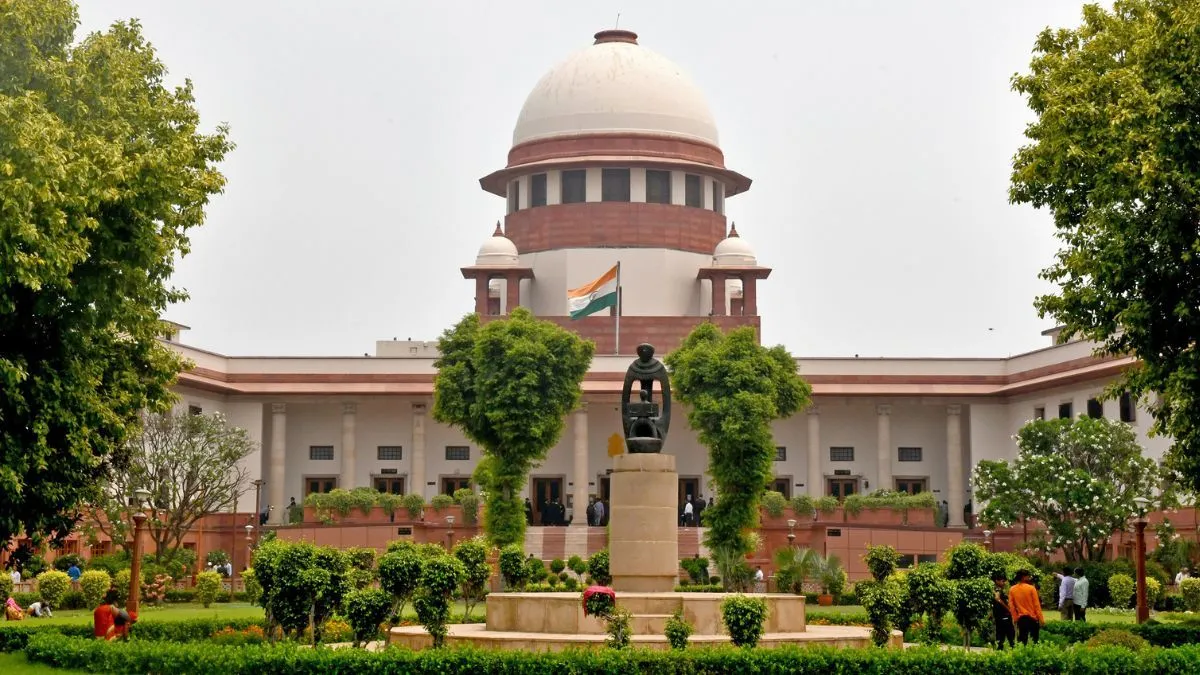The Supreme Court’s dismissal of a petition challenging the Haryana assembly election results highlights the critical role of judicial review in upholding the integrity of the electoral process. The petition, filed following allegations of discrepancies related to electronic voting machines (EVMs), underscored concerns about the fairness and transparency of the election. The court’s decision, while rejecting the immediate request for re-elections and a stay on the Chief Minister’s oath-taking ceremony, implicitly acknowledges the gravity of such allegations and suggests a potential for future scrutiny. This case serves as a reminder of the ongoing debate surrounding EVM reliability and the need for robust mechanisms to address public concerns regarding electoral integrity. The Congress party’s formal complaint to the Election Commission further amplifies these concerns and raises questions about the overall conduct of the election.
The Supreme Court’s Ruling and its Implications
The Supreme Court’s decision to dismiss the petition seeking re-elections for 20 Haryana assembly seats was a swift and decisive action. Chief Justice DY Chandrachud’s warning about potential penalties for frivolous petitions underscores the seriousness with which the court views such challenges. While the court’s immediate rejection of the plea prevents any immediate disruption to the newly formed government, it does not necessarily dismiss the underlying concerns raised about EVM reliability.
The Petitioner’s Arguments and the Court’s Response
The petition’s central argument revolved around alleged discrepancies and suspicious results stemming from the use of EVMs. The petitioners argued that these irregularities cast doubt on the integrity of the election process and warranted a re-election in the affected constituencies. The Supreme Court, however, evidently found the evidence presented insufficient to warrant such drastic action, at least at this stage. The court’s refusal to halt the oath-taking ceremony further indicates a preference for maintaining the established electoral outcome, unless compelling evidence of irregularities surfaces.
The Broader Context of Election Disputes and Judicial Oversight
The Haryana case is part of a larger conversation about the role of the judiciary in resolving election disputes. The court acts as a crucial safeguard against electoral malpractice and ensures that the democratic process is not compromised. This case exemplifies the delicate balance between upholding the integrity of the electoral process and respecting the outcome of duly conducted elections. The court’s decision reflects this delicate balance, acknowledging the importance of addressing concerns about election integrity while also prioritizing the stability of the newly elected government.
The Congress Party’s Allegations and the Election Commission’s Role
The Congress party’s formal complaint to the Election Commission adds weight to the concerns raised about the Haryana assembly elections. Their allegation regarding the unexpectedly high battery capacity of certain EVMs during the counting process highlights a specific technical issue that needs careful investigation. The specifics of their written complaint—detailing irregularities across 20 constituencies—indicate the breadth of their concerns and add substance to the larger discussion on electoral integrity.
The Election Commission’s Response and Future Investigations
The Election Commission’s response to the Congress party’s complaint will be crucial in determining the next steps. A thorough investigation into the alleged EVM discrepancies is needed to build public confidence and ensure fairness in the electoral process. A failure to adequately address these allegations could erode public trust in the electoral system and impact future elections. An independent, transparent investigation would be essential to establish the validity or otherwise of these allegations.
The Significance of Public Trust and Electoral Integrity
The allegations raised by the Congress party directly impact public trust in the electoral process. Fair and transparent elections are essential for a healthy democracy. Any suggestion of systematic issues or irregularities, whether due to human error or malfunctioning equipment, deserves comprehensive investigation. A swift and credible investigation by the Election Commission is crucial not just for resolving this particular case but for building lasting public faith in the democratic institutions.
The BJP’s Victory and the Formation of the New Government
The Bharatiya Janata Party’s victory in the Haryana Assembly elections, securing 48 out of the 90 seats, resulted in the formation of a new government under Chief Minister Nayab Singh Saini. The relatively comfortable majority allows the BJP to implement its legislative agenda without major opposition hurdles. The swearing-in ceremony, attended by prominent national leaders including Prime Minister Modi and Amit Shah, underscores the national significance of this state-level election.
The Political Implications of the Election Results and the Supreme Court Ruling
The election results and the subsequent Supreme Court ruling have significant political ramifications. The BJP’s clear victory consolidates its position in Haryana, while the Congress party’s legal challenge and its focus on EVM irregularities reflect their political strategy of emphasizing alleged flaws in the election process. The outcome of this legal challenge influences the future of Haryana’s political landscape and could shape the approach to future elections, prompting potential legislative and procedural revisions.
The Future of Haryana Politics and Electoral Reforms
The Haryana election and subsequent legal challenges are an important lens through which to assess the future of state politics. Issues around electoral reform, including the technology and mechanisms involved, continue to be subjects of intense debate. Any further findings from the Election Commission’s investigations could influence legislative discussions concerning electoral technology and processes to help minimize opportunities for irregularities.
Take Away Points
- The Supreme Court’s decision highlights the importance of judicial oversight in maintaining electoral integrity.
- Allegations of EVM irregularities underscore the need for transparent investigation and robust mechanisms for addressing election-related concerns.
- The Congress party’s complaint raises important questions about public trust in the electoral process.
- The BJP’s victory and the formation of the new government have significant political implications for Haryana.
- The case underlines the ongoing debate surrounding electoral reform and the need for continued efforts to ensure fair and transparent elections.




